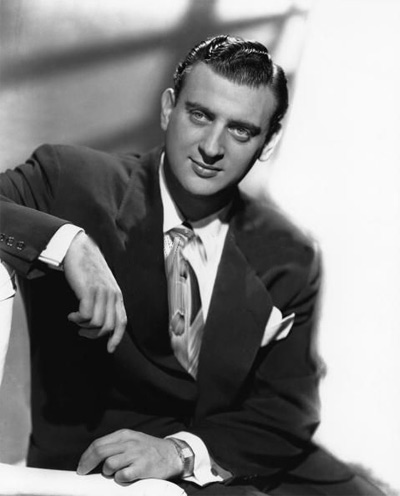I think I have the way to form a more perfect union in this place we call the USA. It is to recognize that all Americans share a sense of fear. Anxiety is what unites us in the U.S. Consider the following.
Andrew Sullivan writes respectfully about reactionary conservatism and even grants its plausibility:
Certain truths about human beings have never changed. We are tribal creatures in our very DNA; we have an instinctive preference for our own over others, for “in-groups” over “out-groups”; for hunter-gatherers, recognizing strangers as threats was a matter of life and death. We also invent myths and stories to give meaning to our common lives. Among those myths is the nation — stretching from the past into the future, providing meaning to our common lives in a way nothing else can. Strip those narratives away, or transform them too quickly, and humans will become disoriented. Most of us respond to radical changes in our lives, especially changes we haven’t chosen, with more fear than hope. We can numb the pain with legal cannabis or opioids, but it is pain nonetheless.
If we ignore these deeper facts about ourselves, we run the risk of fatal errors. It’s vital to remember that multicultural, multiracial, post-national societies are extremely new for the human species, and keeping them viable and stable is a massive challenge. Globally, social trust is highest in the homogeneous Nordic countries, and in America, Pew has found it higher in rural areas than cities. The political scientist Robert Putnam has found that “people living in ethnically diverse settings appear to ‘hunker down,’ that is, to pull in like a turtle.” Not very encouraging about human nature — but something we can’t wish away, either. In fact, the American elite’s dismissal of these truths, its reduction of all resistance to cultural and demographic change as crude “racism” or “xenophobia,” only deepens the sense of siege many other Americans feel.
And is it any wonder that reactionaries are gaining strength? Within the space of 50 years, America has gone from segregation to dizzying multiculturalism; from traditional family structures to widespread divorce, cohabitation, and sexual liberty; from a few respected sources of information to an endless stream of peer-to-peer media; from careers in one company for life to an ever-accelerating need to retrain and regroup; from a patriarchy to (incomplete) gender equality; from homosexuality as a sin to homophobia as a taboo; from Christianity being the common culture to a secularism no society has ever sustained before ours.
Notice too that conservatives are not the only ones who are very, very afraid. It’s also feminist philosophers. But even they can’t claim privilege for their phobia:
I want to explore a much more general issue raised by this whole affair. This has to do with concept of harm, which keeps being raised. The main charge against Tuvel is that the very existence and availability of her paper causes harm to various groups, most specifically to members of the transgender community. This is a puzzling and contentious claim that deserves serious reflection.
The editorial board statement specifically refers to “the harm caused by the fact of the article’s publication.” As the concept of harm is standardly used in legal contexts, this would be a tough claim to defend. It is certainly possible for someone to suffer material or tangible loss, injury, or damage as a consequence of a 15-page article being published in an academic journal. The article might be libelous, for example. But there is no such charge here. The only individual mentioned by name besides Rachel Dolezal is Caitlyn Jenner, and it seems implausible to say that Tuvel has harmed Jenner by “deadnaming” her (i.e., using her birth name), given how public Jenner has been about her personal history.
The authors of the editorial board statement have nothing to say about how they understand harm. This already should give pause for thought. Philosophers, whatever their methodological orientation or training, usually pride themselves on sensitivity to how words and concepts are used. This makes it odd to see no attention being paid to how they are understanding this key concept of harm, which is central to many areas in legal and moral philosophy.
But the statement does clarify what the authors believe has caused the harm: “Perhaps most fundamentally, to compare ethically the lived experience of trans people (from a distinctly external perspective) primarily to a single example of a white person claiming to have adopted a black identity creates an equivalency that fails to recognize the history of racial appropriation, while also associating trans people with racial appropriation.”
And here I thought we were supposed to be afraid of Trump. Imagine the harm a POTUS can do. But in the United States of Fear, an academic paper poses a threat capable of generating the kind of fear that many endure with our incautious and vicious president.
The question is whether those with fears can recognize fear as a basis for personal identity. Can we go from the specific to the general and recognize fear is something that every American experiences? If so, then we may finally have a common point of reference for a shared existence. We are united in fear.




